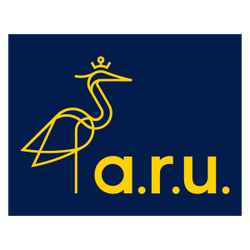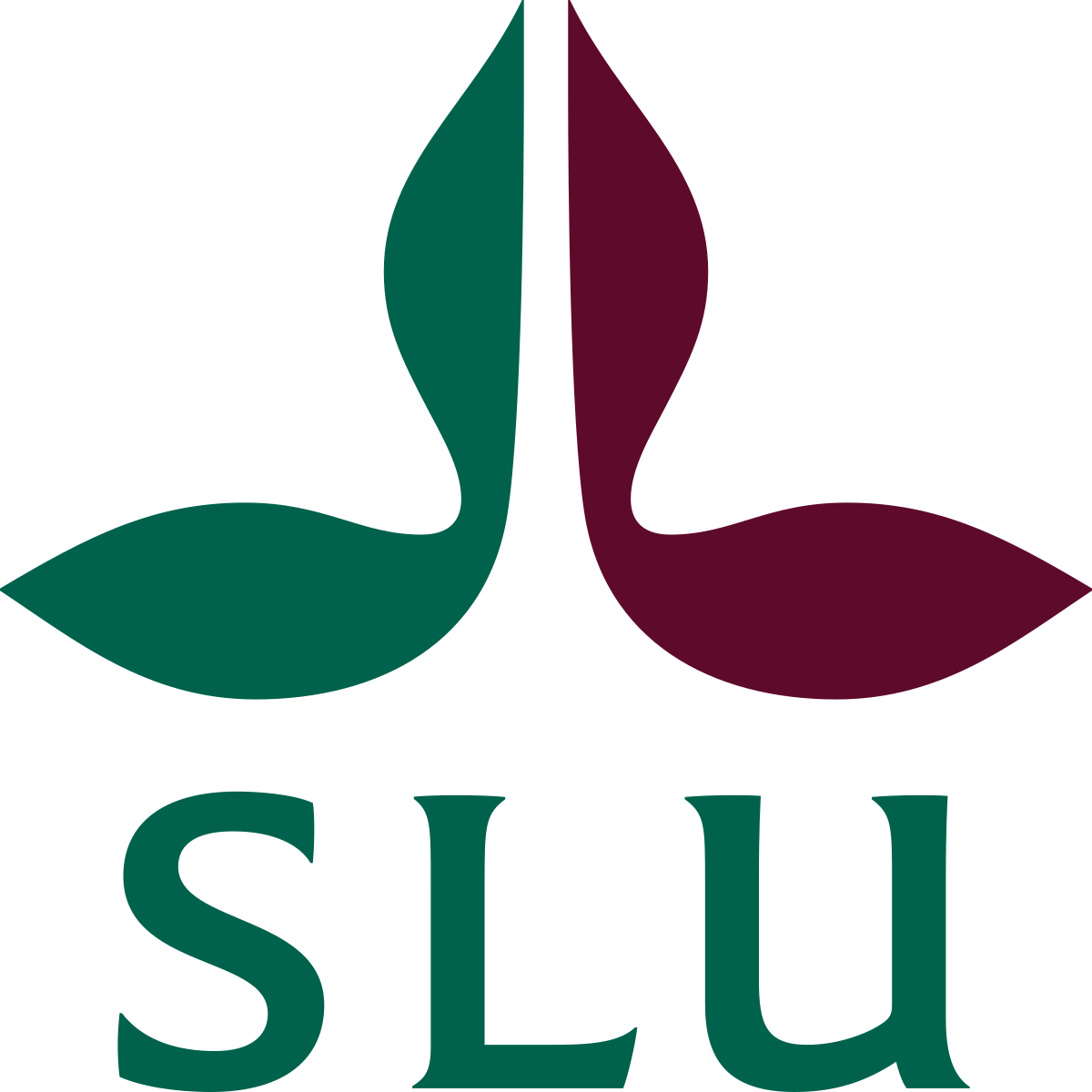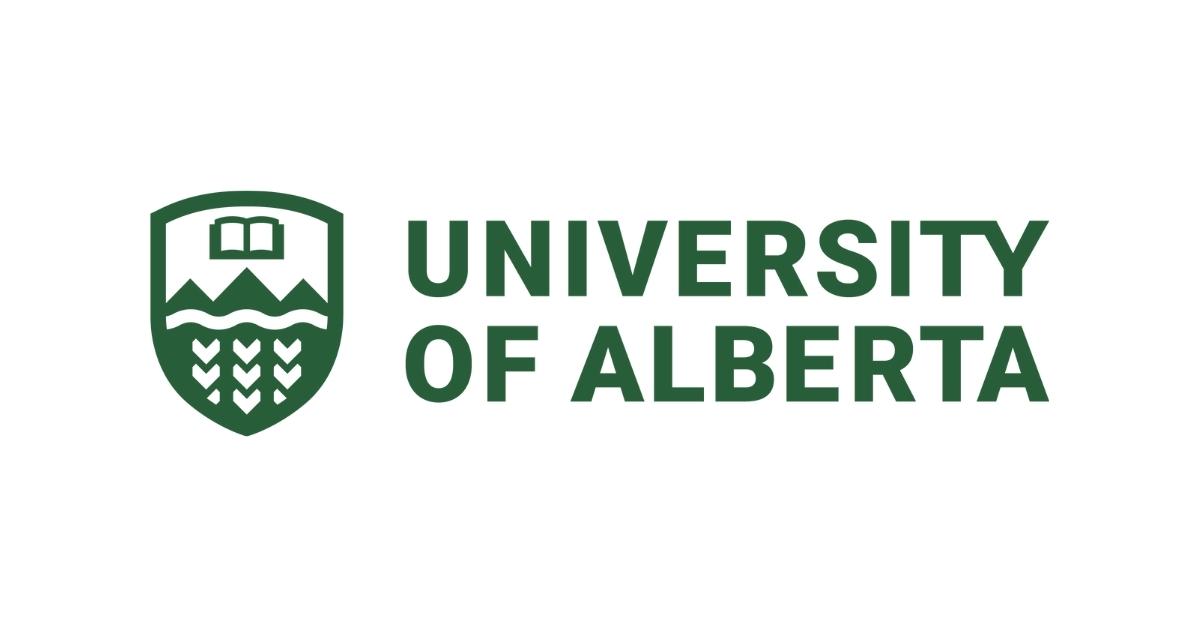Animal Science: Unlock a World of Opportunities in Animal Care and Agriculture
Are you passionate about animals and interested in their health, welfare, and sustainable management? Studying Animal Science abroad can open doors to a rewarding career in one of the world's most vital industries. This dynamic field combines biology, technology, and ethics to address global challenges like food security, animal health, and environmental sustainability. For Indian students, pursuing Animal Science overseas offers exposure to advanced research, cutting-edge facilities, and international networks that can transform your career back home or abroad.
India's vast agricultural sector and growing livestock industry make Animal Science particularly relevant. With over 500 million livestock animals, there's immense potential for professionals trained in modern techniques. Studying abroad equips you with skills to innovate in areas like dairy farming, veterinary support, and sustainable breeding—directly impacting India's economy and rural development.
What is Animal Science?
Animal Science is the study of the biology, production, and management of domestic and wild animals. It focuses on improving animal health, nutrition, genetics, and reproduction while promoting ethical practices. Unlike veterinary medicine, which emphasizes treatment, Animal Science dives into prevention, breeding, and industry applications.
Key areas include:
- Animal Nutrition: Designing diets for optimal growth and health.
- Genetics and Breeding: Enhancing traits like disease resistance and productivity.
- Animal Welfare: Ensuring humane treatment in farming and research.
- Physiology and Health: Understanding animal biology to prevent diseases.
- Business and Management: Applying science to agribusiness and food production.
Programs often include hands-on experience through labs, farms, and internships, giving you practical skills that are highly valued globally.
Why Choose Animal Science Abroad?
India has strong programs in agriculture, but studying abroad exposes you to world-class resources and diverse perspectives. Here's why it's a smart choice:
- Advanced Technology: Access state-of-the-art labs and AI-driven tools for animal monitoring, unavailable in many Indian institutions.
- Global Recognition: Degrees from top universities enhance your resume for jobs in India, the US, Europe, or Australia.
- Research Opportunities: Collaborate on projects tackling climate change's impact on livestock—relevant to India's monsoonal climate.
- Cultural Exchange: Learn sustainable practices from countries like New Zealand (dairy experts) or the Netherlands (precision farming).
- Scholarship Access: Many countries offer aid for international students, reducing costs for bright Indian talents.
For Indian students, this field aligns with national initiatives like the National Livestock Mission, allowing you to contribute to self-reliant India upon return.
Top Destinations and Universities for Animal Science
Choosing the right country and university is crucial. Popular destinations for Indian students include the USA, Australia, Canada, the UK, and New Zealand—known for their strong agricultural sectors and welcoming policies for international students.
| Country | Top Universities | Program Highlights | Average Tuition (per year, INR equivalent) |
|---|---|---|---|
| USA | Texas A&M University, University of California-Davis | Focus on biotech and large-scale farming; strong industry ties. | 20-30 lakhs |
| Australia | University of Sydney, University of Queensland | Emphasis on sustainable agriculture; farm-based learning. | 18-25 lakhs |
| Canada | University of Guelph, University of Saskatchewan | Research in animal nutrition; co-op programs for work experience. | 15-22 lakhs |
| UK | University of Edinburgh, Harper Adams University | Animal welfare and ethics focus; shorter 3-year degrees. | 20-28 lakhs |
| New Zealand | Massey University | World-leading dairy science; practical rural immersion. | 16-24 lakhs |
These universities often rank high in QS World University Rankings for Agriculture and Forestry. Indian students benefit from post-study work visas (e.g., 2-3 years in Australia and Canada) to gain experience.
Course Structure and Duration
Animal Science programs typically last 3-4 years for a Bachelor's degree and 1-2 years for Master's. They blend classroom learning with fieldwork.
Sample Bachelor's Curriculum:
- Year 1: Foundations in biology, chemistry, and animal anatomy.
- Year 2: Core subjects like nutrition, genetics, and microbiology.
- Year 3: Specialized modules in reproduction, pathology, and farm management.
- Year 4: Research project, internships, and electives like aquaculture or equine science.
Master's programs emphasize research, with theses on topics like antibiotic resistance in livestock—a pressing issue in India.
Many programs offer online or hybrid options, but hands-on courses require on-campus attendance. Expect 20-30 hours of weekly classes, plus lab work.
Entry Requirements for Indian Students
Admission is competitive but accessible with good preparation. Requirements vary by university, but general guidelines include:
- Academic Qualifications: 10+2 with Science (Biology, Chemistry, Physics) and at least 60-70% marks. For Master's, a relevant Bachelor's with 55%+.
- English Proficiency: IELTS (6.5+ overall) or TOEFL (80+). Some universities accept Duolingo.
- Entrance Exams: GRE for US Master's; not always required elsewhere.
- Documents: Statement of Purpose (SOP) highlighting your passion for animals, Letters of Recommendation (LORs), and CV.
- Visa: Student visa with proof of funds (e.g., 10-15 lakhs for living expenses). Countries like Canada offer streamlined processes for Indians.
Tip: Start applications 6-12 months in advance. Universities like Guelph provide pathway programs if your grades are borderline.
Career Opportunities After Animal Science
Graduates are in high demand worldwide, with starting salaries ranging from INR 5-10 lakhs in India to USD 40,000-60,000 abroad. The field offers diverse roles:
- Veterinary Support: Work in clinics or pharma companies developing vaccines.
- Agribusiness: Manage farms, consult for companies like Amul or Nestle.
- Research and Development: Join labs focusing on sustainable meat production or zoonotic diseases.
- Government Roles: Positions in India's Animal Husbandry Department or international NGOs like FAO.
- Education: Teach at agricultural universities or extension services.
In India, opportunities are booming with the dairy sector's growth (projected to reach USD 142 billion by 2025). Abroad, you can pursue PhDs or certifications in specialized areas like wildlife conservation.
Scholarships and Financial Aid
Funding your dream is easier than you think. Indian students can apply for:
- University Scholarships: Merit-based awards covering 20-50% tuition (e.g., Texas A&M's International Student Scholarship).
- Government Schemes: India's ICCR scholarships or Fulbright for US studies.
- Country-Specific: Australia's Endeavour Awards (up to AUD 15,000); UK's Chevening (full funding).
- Private Funds: Inlaks Shivdasani Foundation for overseas studies.
Budget wisely: Total costs (tuition + living) range from 25-40 lakhs per year. Part-time jobs (20 hours/week) in farms or labs can offset expenses.
Life as an International Student in Animal Science
Studying abroad isn't just academics—it's an adventure! Expect vibrant campuses with animal care clubs, farm visits, and cultural festivals. In the USA, you'll explore vast ranches; in New Zealand, hike with livestock in stunning landscapes.
Challenges include adapting to colder climates or homesickness, but Indian student associations provide support. Many alumni return to India with global insights, starting ventures like organic dairy farms.
Ready to embark on this journey? Animal Science abroad isn't just a degree—it's a pathway to making a difference in animal lives and global food systems. Contact our advisors for personalized guidance on applications and visas.









